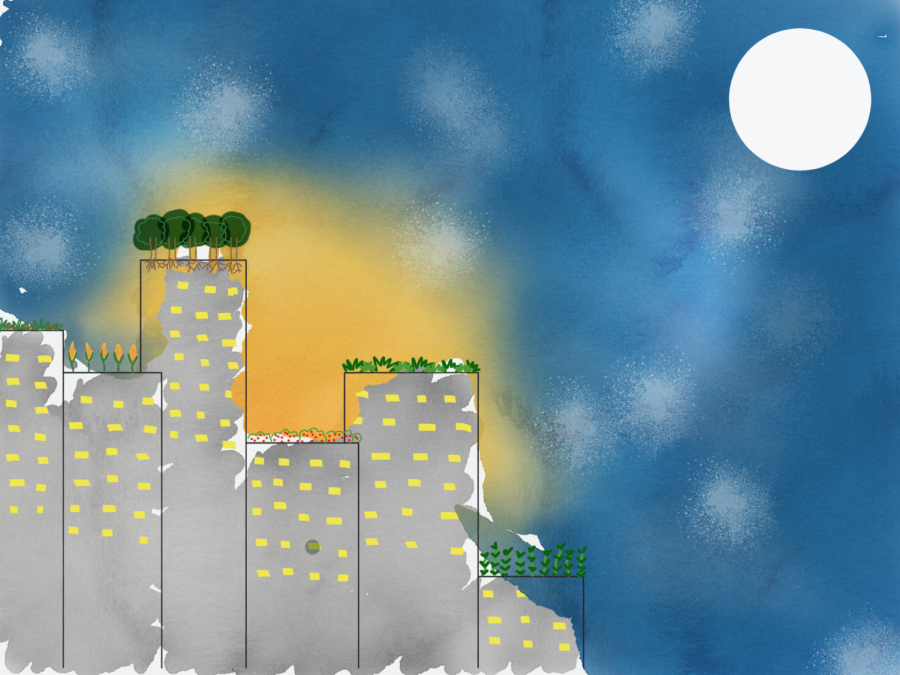Green Space to Urban Farms
April 30, 2018
France’s famously beautiful capital is not a place you’d expect to find chickens, beehives, and rows of neatly planted cabbages, but urban farming is flourishing in Paris. It all started when the city’s mayor, Anne Hidalgo, who was elected in 2014, declared her intention to make Paris a greener city. The Paris government responded in 2016 by launching Parisculteurs, a project which aims to cover the city’s rooftops and walls with 100 hectares (247 acres) of vegetation by 2020. One-third of the green space, according to its plan, should be dedicated to urban farming.
So far, 74 companies and public institutions have signed a charter to partner with the city in developing urban agriculture.”Paris not only intends to produce fruit and vegetables but also plans to invent a new urban model … Citizens want new ways to get involved in the city’s invention and be the gardeners,” said Penelope Komites, deputy mayor of Paris, who is in charge of the city’s parks and green spaces.
“Three years ago, people laughed at my plan. Today, citizens are producing on roofs and in basements,” says Komites. We are also asked by numerous cities around the world to present the Parisian approach.” 20-minutes away from the Eiffel Tower, next to the Porte de Clignancourt metro station, in 2014, La REcyclerie built one of the biggest urban farms in the city before Paris had even started its project.This cozy café in a converted former train station is at the heart of a 1,000 square meter (about 10,760 square feet) farm. It produces over 150 different herbs and crops, such as peas and potatoes, all of which are used in the café. Chickens eat any leftovers, while a flock of ducks roams the vegetable garden feasting on slugs.
The farm is perhaps best known for its three beehives. La Recyclerie has partnered with beekeeper Volkan Tanaci, founder of CityBzz honey—to maintain and set up the beehives. The CityBzz honey scooped a silver medal in the 2017 World Beekeeping Awards, granted by the International Federation of Beekeepers’ Associations, and took home gold at the first honey contest hosted by the Metropolis of Greater Paris.”It’s incredible that our urban honey is better than the rural one, but that’s because we don’t use any pesticide in our flowers and plants,” said Marion Bacahut, head of programming at La REcyclerie. “We want to show people it’s possible to farm in an urban environment and it is easy to live in an eco-friendly way. We are playing a big role in making the city greener.”

